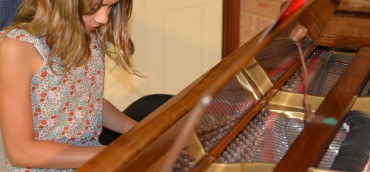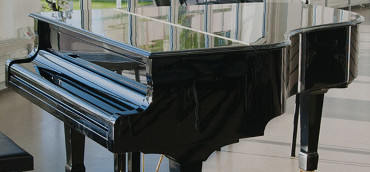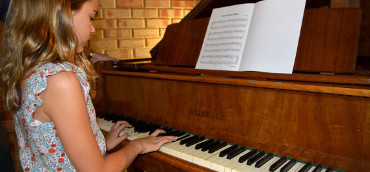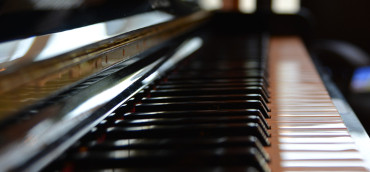Your Piano Brain:


Located just west of Perth City, in Daglish, near Subiaco
We are an easy 5 minute walk from Daglish train station. Or, if you prefer to drive, the Mitchell Freeway provides excellent access for students in the Northern Suburbs corridor, while Stirling Highway provides great access for students in the Western Suburbs. Parking is easy.
$40 per half hour
Half hour lessons suit beginners while more advanced students require longer lessons.
Don’t let the only person to hold you back be you!
Step 1. Call Trevor on 0400 090 848 today Step 2. Start living your dream Step 3. Have fun and enjoy the experience!

Research suggests that regularly playing an instrument changes the shape and power of the brain and may be used in therapy to improve cognitive skills. It can even increase IQ by seven points in both children and adults, according to researchers. Experts said there is growing evidence that musicians have structurally and functionally different brains compared with non-musicians - in particular, the areas of the brain used in processing and playing music. These parts of the brain that control motor skills, hearing, storing audio information and memory become larger and more active when a person learns how to play an instrument and can apparently improve day to day actions such as being alert, planning and emotional perception.

The name “piano” is actually a shortened nickname from the Italian “gravicèmbalo col piano e forte”. The grand piano was originally invented in 1698 by harpsichord maker Bartolomeo Cristofori. He called his invention “gravicèmbalo col piano e forte,” which means “harpsichord with loud and soft” in Italian. That long phrase was shortened to “pianoforte” and then eventually just become “piano.”

Independent studies show that children who learn piano tend to do better in school. This is attributed to the discipline, eye-hand coordination, social skills building, learning a new language (music) and the pleasure derived from making your own music.

That the piano is known as "The King of Instruments"? The piano earned this title for a number of reasons including it's tonal range ( the piano covers the full spectrum of any instrument in the orchestra from below the lowest note of the double bassoon to above the top note of the piccolo), it's ability to produce melody and accompaniment at the same time (try that on a flute) and it's broad dynamic range. It is also the largest musical instrument (excluding the pipe organ), most versatile and one of the most interesting.